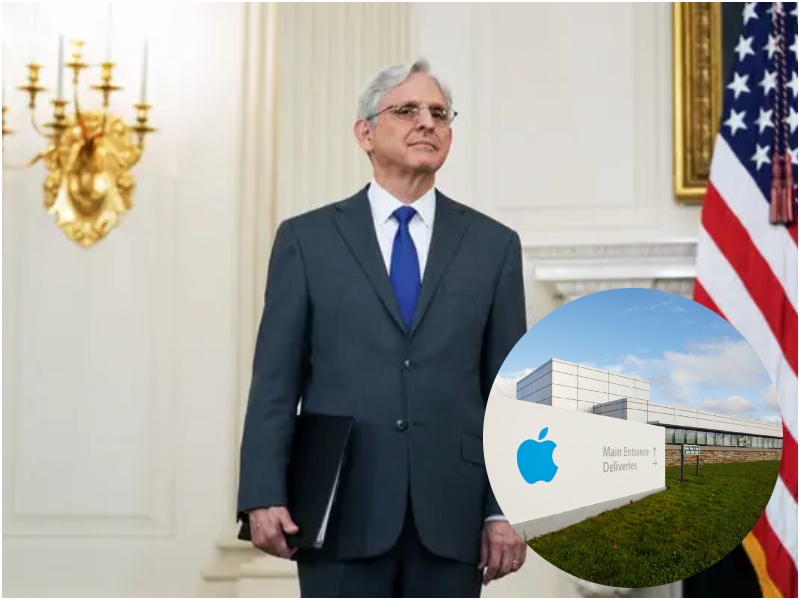The United States Department of Justice, in collaboration with 16 other state and district attorneys general, has filed a civil antitrust lawsuit against Apple Inc.
The is alleging monopolization or attempted monopolization of smartphone markets in violation of Section 2 of the Sherman Act.
According to the complaint filed in the U.S. District Court for the District of New Jersey, Apple is accused of illegally maintaining a monopoly over smartphones by selectively imposing contractual restrictions and withholding critical access points from developers.
These actions allegedly undermine apps, products, and services that could reduce reliance on the iPhone, promote interoperability, and lower costs for consumers and developers.
The lawsuit asserts that Apple exercises its monopoly power to extract more money from various stakeholders, including consumers, developers, content creators, artists, publishers, small businesses, and merchants. It alleges that Apple’s anticompetitive behavior stifles innovation and imposes extraordinary costs on developers, businesses, and consumers.
Attorney General Merrick B. Garland said it was important for antitrust laws to be enforced to protect consumers from higher prices and fewer choices.
“If left unchallenged, Apple will only continue to strengthen its smartphone monopoly,” he said.
Deputy Attorney General Lisa Monaco reaffirmed the Justice Department’s commitment to holding corporations accountable, stating:
“No matter how powerful, no matter how prominent, no matter how popular — no company is above the law.”
Acting Associate Attorney General Benjamin C. Mizer said the Justice Department is committed to using all available tools to advance economic justice and root out anticompetitive practices.
Assistant Attorney General Jonathan Kanter of the Justice Department’s Antitrust Division highlighted Apple’s alleged disruptive practices, including blocking innovative super apps, suppressing mobile cloud streaming services, excluding cross-platform messaging apps, and diminishing the functionality of non-Apple smartwatches.
The complaint alleges that Apple’s anticompetitive conduct extends beyond these examples, affecting various industries such as web browsers, video communication, news subscriptions, entertainment, automotive services, advertising, and location services.
The Justice Department is seeking equitable relief on behalf of the American public to address Apple’s alleged long-running, pervasive anticompetitive conduct.
Apple, a publicly traded company headquartered in Cupertino, California, generated annual net revenues of $383 billion in fiscal year 2023, making it one of the most profitable companies globally.

